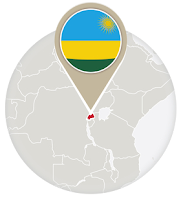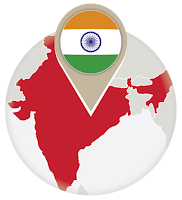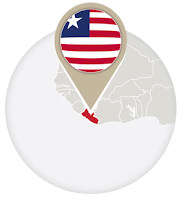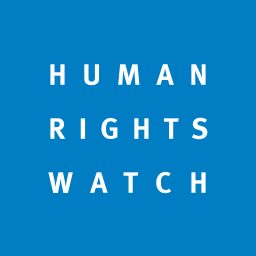Privacy, Surveillance and Censorship
government isn't always on your side

Malaysiakini editor-in-chief Steven Gan was charged under Malaysia’s Communications and Multimedia Act for “uploading offensive videos with the intent of annoying others.” The videos showed a news conference that asked for the resignation of Attorney General Mohamad Apandi Ali; if convicted, Gan could be jailed for as much as one year.
In response to South African cricket match fixing, the Anti-Corruption Unit (ACU) of the International Cricket Council (ICC) has announced it may begin to look at players’ communications. ACU head Ronnie Flanagan stated, “As the world changes and as people use different means of communicating with each other through social media—WhatsApp, Snapchat, all of these things—we have to keep ahead of these things.”
Research and Initiatives
making your world a more cybersecure place
The Norton Cyber Security Insights Report revealed contradictory behaviors in India’s approach to Wi-Fi: “Most people in the survey have WiFi at home, and yet many leave their WiFi unprotected without a password. They are worried about data loss, privacy and security, and yet are okay installing an app which will give them access to, say public WiFi, which is dangerous behavior,” reported Country Manager Ritesh Chopra.
Abu Dhabi’s RSA Conference shed light on both the good and the bad of cybersecurity in the United Arab Emirates. “The UAE, in terms of security, is pretty good. There is recognition. They are willing to do more about handling the challenges. But are they evolving with the threat? They are not advancing,” reported RSA’s Azeem Aleem.
Cyberattacks
the threats we all face
Malaysian ethical hacker Fong Choong Fook recently warned that distributed denial of service (DDoS) attacks will continue to be a threat for the next 3-5 years: “Any device that has an IP (Internet Protocol) address – a smart TV, Playstation and even when a user’s iPhone uses home WiFi—is vulnerable to hackers who will then use them to attack a target.”
An attack on online dating service Friend Finder Network has affected and leaked the email addresses and passwords of more than 400 million accounts. The attack follows a May 2015 hack of 3.5 million Friend Finder Network accounts. The United States-based site has users worldwide.
Looking Back
a new glimpse at past alerts

Although many voices from outside China have opposed the country’s new cyber law, two tech giants from within—Alibaba and Tencent—have only praise to give. Incidentally, Tencent has been working diligently with the state to “clean up content” and remove 80,000 videos from its website.
All images credit of BOLDG/Shutterstock.com.
Want more emerging economy cyber alerts? Read on!
Want Emerging Economy Cyber Alerts sent to your inbox? Sign up for our weekly newsletter ("Security Tips and News" at bottom of page).
Have valuable insight to share from your part of the world? Write for us!
SumRando Cybersecurity is a Mauritius-based VPN, Web Proxy and Secure Messenger provider. Surf secure and stay Rando!

























